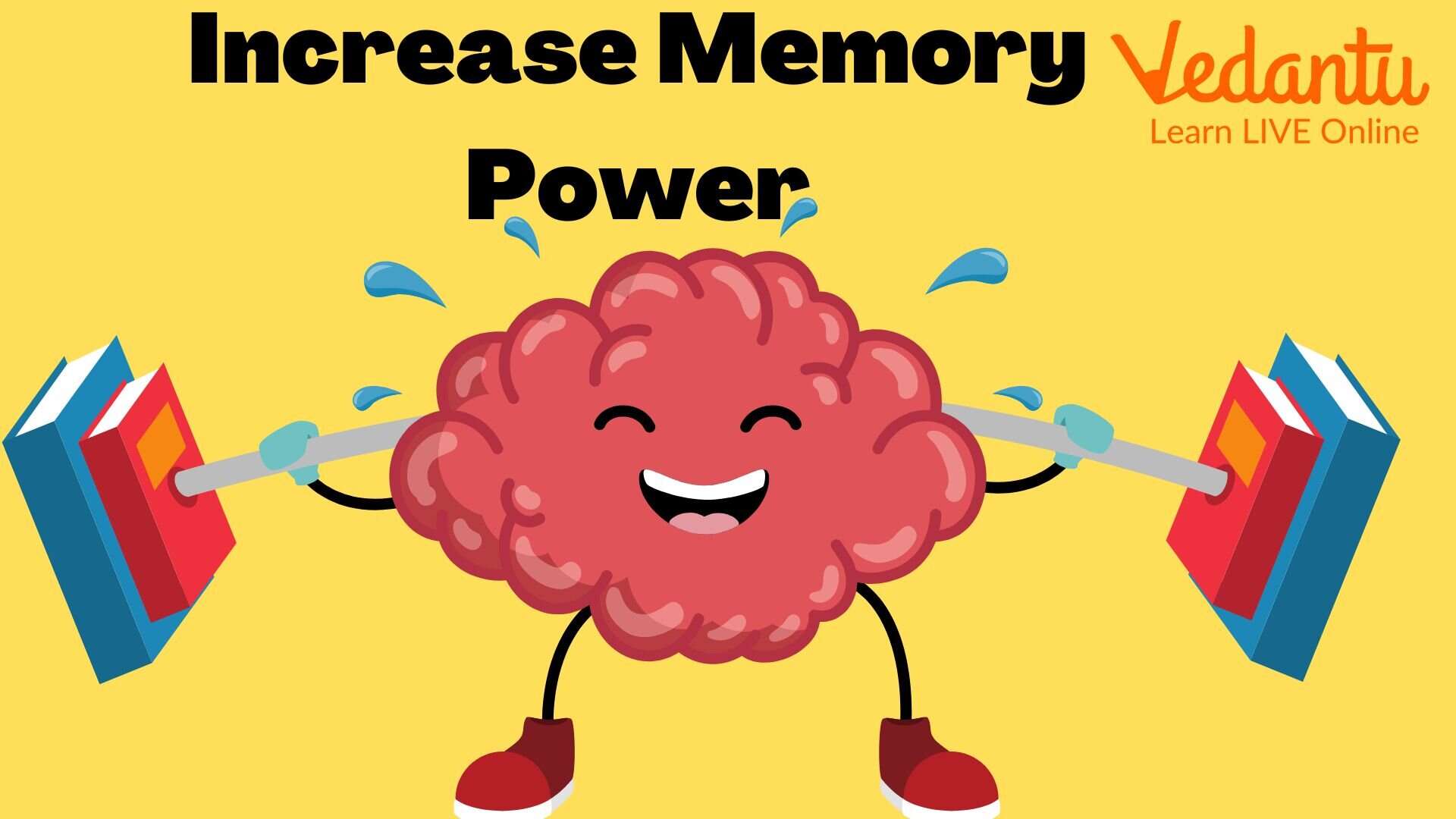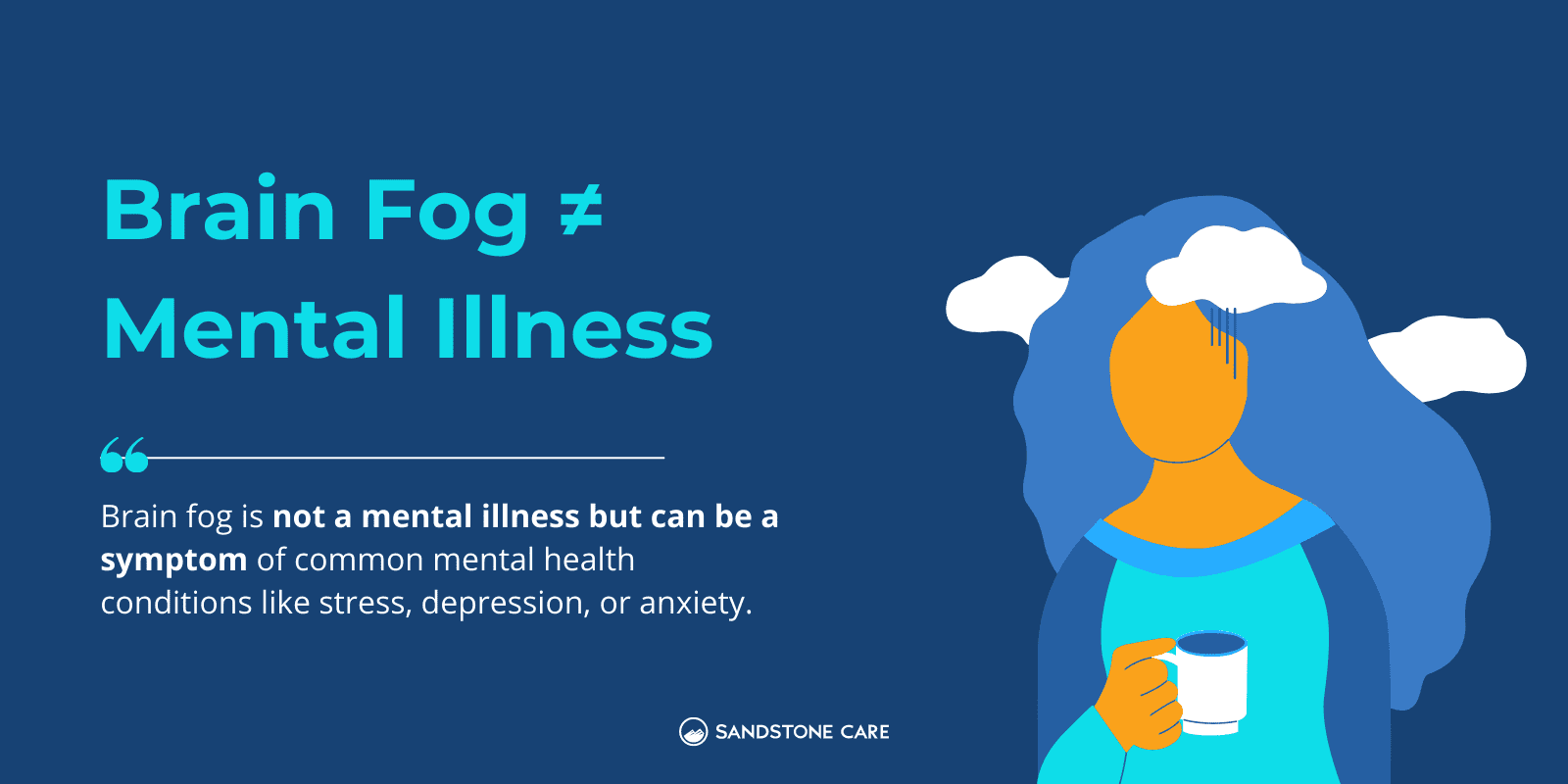Welcome to this post about the effects of vitamin B1 on cognitive function. Vitamin B1, also known as thiamine, is an essential nutrient that plays a critical role in many bodily functions, including the metabolism of carbohydrates and the proper functioning of the nervous system. One of the key benefits of vitamin B1 is its ability to enhance cognitive function. In this post, we will explore five effects of vitamin B1 on cognitive function, including how it improves memory, increases alertness, reduces brain fog, boosts mood, and enhances brain health. By the end of this post, you will have a deeper understanding of how vitamin B1 can benefit your cognitive function and overall brain health. So sit back, relax, and let's dive into the world of vitamin B1 and cognitive function.
1, Improves memory.
Thiamine is an essential nutrient that is critical for proper brain function and the production of neurotransmitters, including acetylcholine. Acetylcholine is a key neurotransmitter that plays a vital role in memory and learning. Studies have shown that thiamine supplementation can improve memory function, particularly in older adults who may have a higher risk of thiamine deficiency.
Thiamine deficiency can lead to cognitive impairments and memory loss, particularly in those with alcoholism, liver disease, or malnutrition. Adequate levels of thiamine can help support the production of acetylcholine, which can improve memory and cognitive function.
Moreover, thiamine may also help protect against age-related cognitive decline and neurodegenerative diseases such as Alzheimer's and Parkinson's. Thiamine is also involved in the metabolism of glucose, which is the primary source of energy for the brain, and can help improve energy levels and alertness.
Overall, by supporting the production of acetylcholine and providing energy to the brain, thiamine can help improve memory and cognitive function. Whether through dietary changes or supplementation, incorporating adequate amounts of thiamine into your routine can help support optimal brain health and cognitive function.
2, Increases alertness.
Thiamine plays a crucial role in the production of ATP, which is the primary source of energy for the brain. ATP is used to power many of the brain's processes, including neurotransmitter synthesis, signal transmission, and cellular metabolism.
Thiamine is involved in the conversion of glucose to ATP, which means that it is essential for maintaining energy levels in the brain. When we have adequate levels of thiamine in our bodies, we can efficiently produce ATP, which can help improve alertness and cognitive function.
Studies have shown that thiamine supplementation can improve attention and reaction time, which suggests that it can help enhance alertness and cognitive function. By supporting the production of ATP and maintaining energy levels in the brain, thiamine can help us stay alert, focused, and mentally sharp.
3, Reduces brain fog.
Thiamine deficiency can lead to a condition known as brain fog, which is characterized by symptoms such as confusion, forgetfulness, and difficulty concentrating. Brain fog can make it challenging to focus, remember information, and complete tasks, which can significantly impact our overall cognitive function.
Fortunately, studies have shown that supplementing with thiamine can help alleviate brain fog symptoms and improve cognitive function. Thiamine is involved in several metabolic pathways in the brain that support optimal brain function and help protect against oxidative stress, which can contribute to brain fog.
By increasing thiamine levels in the body, we can support the brain's ability to generate energy and efficiently use glucose, which can help reduce symptoms of brain fog. Additionally, thiamine plays a role in the production of neurotransmitters such as acetylcholine, which can help improve cognitive function and alleviate brain fog.
In summary, thiamine deficiency can contribute to brain fog, but supplementing with thiamine can help alleviate symptoms and improve overall cognitive function. By supporting the brain's metabolic processes and neurotransmitter production, thiamine can help us stay sharp, focused, and mentally clear.
4, Boosts mood.
Thiamine is essential for the production of several neurotransmitters, including serotonin and dopamine, which are involved in regulating mood and emotions.
Serotonin is a neurotransmitter that is known to regulate mood, appetite, and sleep. It is often called the "feel-good" neurotransmitter because it is associated with feelings of well-being and happiness. Dopamine is another neurotransmitter that is involved in regulating mood, motivation, and reward.
Research has shown that thiamine supplementation can increase levels of serotonin and dopamine in the brain, which can help improve mood and alleviate symptoms of depression and anxiety. In fact, thiamine deficiency has been linked to an increased risk of depression and other mood disorders.
By supporting the production of these important neurotransmitters, thiamine can help us feel happier, more motivated, and more resilient to stress. Incorporating thiamine-rich foods into our diets or taking a supplement can be an effective way to support optimal brain function and promote a positive mood.
5, Enhances brain health.
Thiamine is essential for the proper functioning of the nervous system and is involved in several metabolic pathways that support brain health.
Studies have shown that thiamine deficiency can lead to damage to the nervous system, including the brain, which can increase the risk of neurodegenerative diseases such as Alzheimer's and Parkinson's. On the other hand, supplementing with thiamine can help protect against these diseases and promote overall brain health.
Thiamine is involved in the production of acetylcholine, a neurotransmitter that is important for learning, memory, and other cognitive functions. It is also involved in the metabolism of glucose, which is the primary source of energy for the brain.
By supporting these processes and protecting against oxidative stress, thiamine can help improve cognitive function and reduce the risk of age-related cognitive decline. Additionally, thiamine has been shown to improve the structure and function of brain cells, which can help promote overall brain health.
In summary, thiamine is essential for the proper functioning of the nervous system and can help protect against neurodegenerative diseases. By promoting brain health and supporting cognitive function, thiamine can help us stay mentally sharp and improve our quality of life as we age.
Thank you for watching this post about the effects of vitamin B1 on cognitive function. We hope that you found the information informative and useful. Incorporating vitamin B1-rich foods such as pork, fish, nuts, and seeds into your diet or taking a supplement can help ensure that you are getting enough of this essential nutrient. If you have any questions or comments about the content of this post, please feel free to leave them in the comment section below. Don't forget to like and subscribe to our channel for more informative posts like this. Thanks again for watching!





Comments
Post a Comment